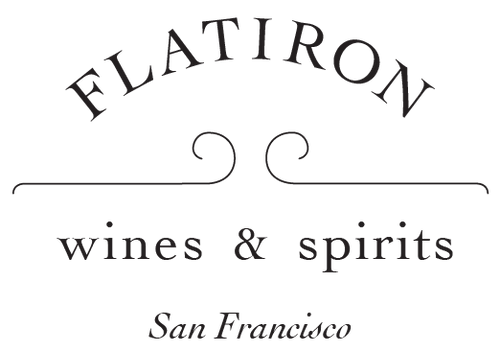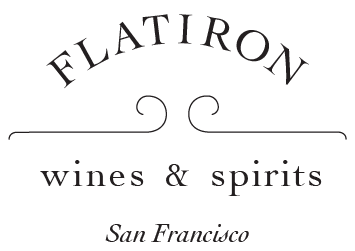Julien Pineau
Julien Pineau spent his post collegiate years a bit lost in the woods. Upon graduation he quickly realized that the professions of law and sociology, his focus in college, would bore him to tears. He... Read More
Julien Pineau spent his post collegiate years a bit lost in the woods. Upon graduation he quickly realized that the professions of law and sociology, his focus in college, would bore him to tears. He spent the next couple of years working for l'Alliance Française in Seattle and Sicily. Originally from Tours, he returned there and supported himself with a series of odd jobs. He worked at an antique store, studied soil composition and, most fortuitously, picked fruit including grapes around Tours in the heart of Loire Valley. .
The Loire Valley is in many ways the heart and soul of the French natural wine movement and he quickly found himself working harvest for Lise and Bertrand Joussets in Montlouis. Bertrand took a liking to him and encouraged him to study viticulture. But Julien had a different idea. He thought a wine bar was the way to go and with a chef for dad, perhaps a wine-centric restaurant as well.
As Julien spent more time in the vines he found his heart was truly in the vineyards and soon came to realize that growing grapes and making wine was his life's work. As well as the Jousset’s, he worked the fields with Noella Morantin and Les Terres Promises in Provence. But it was his time working with Didier and Catherine Barouillet of the legendary Clos Roche Blanche that most influenced his future endeavors.
It is hard to overstate the importance of Clos Roche Blanche. Perhaps more than any other producer in the Loire they have influenced and inspired so many of the winemakers that we love and respect. A combination of exceptional terroir and the Barrouillet’s intentional yet minimal winemaking produced bottles of wine that were revelatory; alive and pure and with an ability to age that was counter to the ideas folks had about natural wine at the time.
In 2014, Catherine Roussel, the owner of the Clos Roche Blanche, decided to sell the winery. With the help of his business partner, Laurent Saillard, Julien purchased twelve of the estate's hectares. The vineyard work is focused on allowing natural diversity; the soils are permitted to exist in harmony with the hundreds of plants and insects that inhabit them. With an agronomist as a wife the plans are to continue to increase biodiversity with the inclusion of fruit trees and free-roaming animals. All of this is done to maintain and even enhance the inherited greatness of the Clos’s terroir.
The intense backbreaking work in the vineyard is contrasted by a relatively simple regiment in the cellar. Most wines see some level of partial carbonic fermentation before being pressed off. Different vessels of varying sizes and material are used for elevage but at some point most see some tine in neutral oak. There is never any sulfur used in Julien’s cellar.


